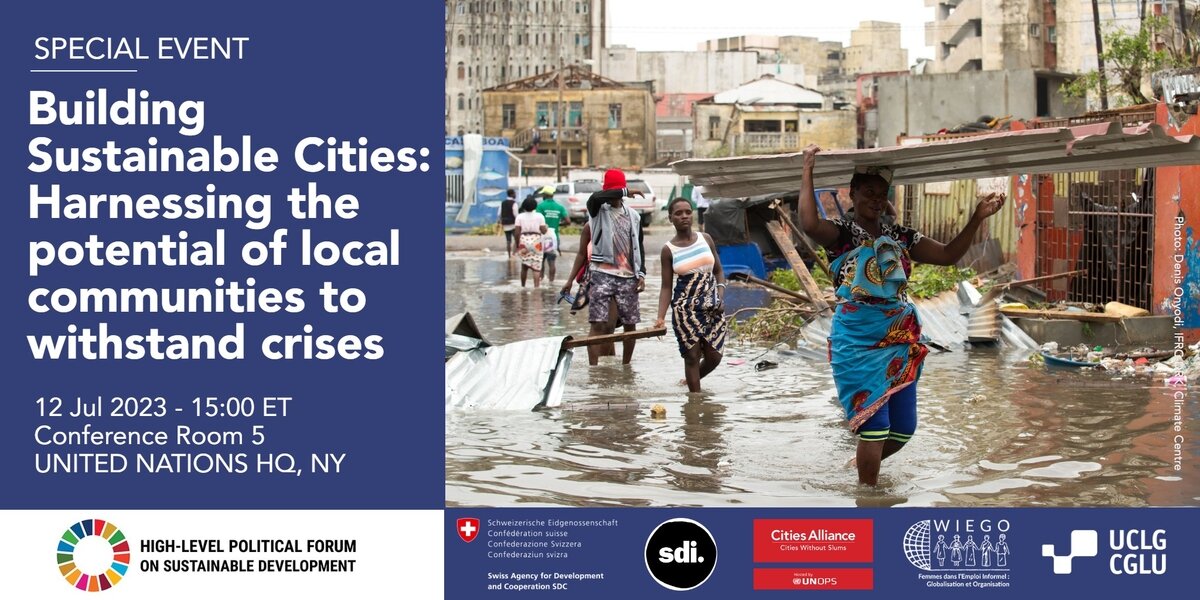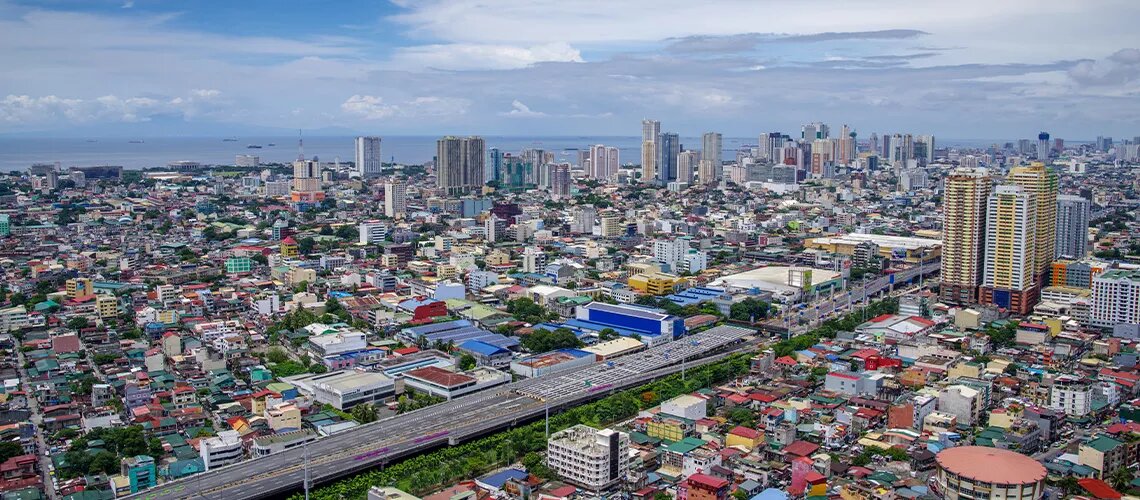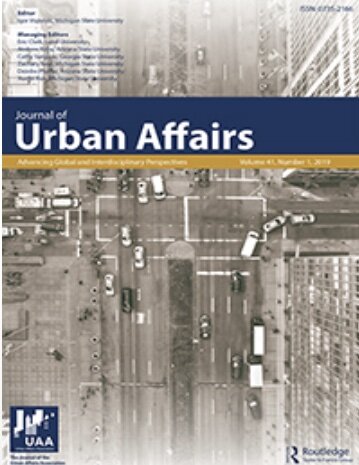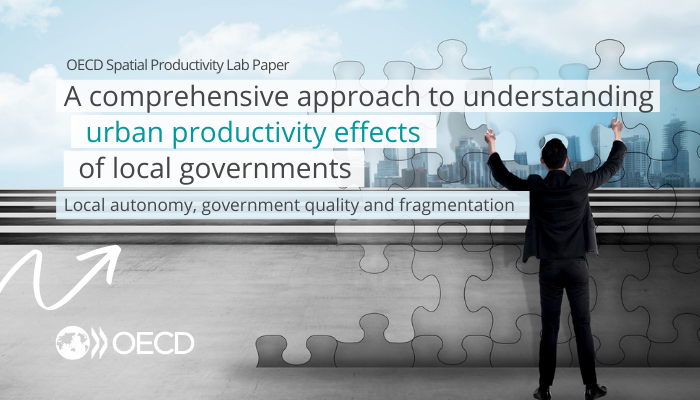City governance
Rapidly growing cities in developing countries are struggling to provide the infrastructure, services and governance systems needed by their increasing populations as they deal with competing priorities and demands. Public authorities face increasing difficulty in maintaining effective governance in large cities, due to the erosion of governance and institutional capabilities in the justice system, law enforcement and security institutions, and poorly managed public space. Without strong participatory governance systems, the needs of the poor and marginalized, particularly of migrants, IDPs, women and minority groups, are often neglected.
Capacity-building for municipal authorities and other local and regional stakeholders underpins UNDP’s strategy. Capacity development programmes in cities build on UNDP’s extensive experience in local governance. This encompasses the identification of capacity needs and the development of capacity-building programmes at the policy, institutional and individual technical levels, focusing particularly on the various functions of municipal authorities, but also including capacity development for other actors, including collection and analysis of data and management of information systems to improve policy development and action in the context of urban fragility.
UNDP works to strengthen the capacities of civil society to ensure that they continue to play an effective role in influencing the development trajectory of the cities along a sustainable, inclusive and resilient pathway.











